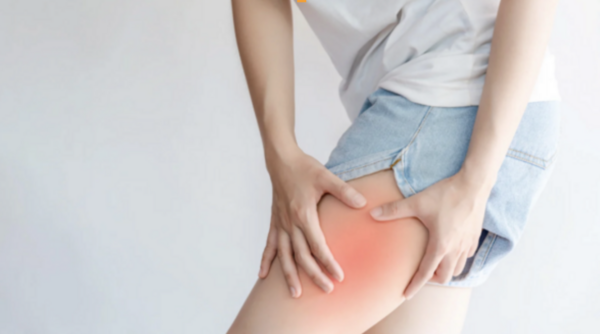Place of manual therapy in patients with endometriosis: Scope review - Results
3.1 Item selection
The database searches ran from December 11, 2021 to December 13, 2022. The PubMed, ScienceDirect and Cochrane databases showed 712, 49 and 101 articles respectively. After reading titles, abstracts and full articles to see if they met the selection criteria, we were left with 10 articles. We removed 4 duplicates, leaving 6 references. In addition to these searches, we also looked in the International Journal of Osteopathic Medicine, the European Journal of Obstetrics, Gynecology and Reproductive Biology and the American Journal of Obstetrics and Gynecology. In these three magazines, two new articles were included in the study. After selecting the 8 articles, all article references were analyzed to find new references, and we were able to find 3. The PRISMA flow chart (in French), in figure 2, explains the study inclusion decision process. For our study, we therefore had 11 articles to analyze.

Figure 2: PRISMA flow chart showing item selection
3.2 Objectives of the selected studies
The aim of this review was to identify studies addressing manual therapy management of pain and quality of life in women with endometriosis. Few studies specifically address manual therapy, which is often integrated into a multitude of interventions. The population of this review concerns exclusively adult women diagnosed with endometriosis.
The studies were classified in a first table in order to give them a study number. This table contains just the article information: title, author, publication date, study type and objective.


Table I: Presentation of included articles
3.3 Characteristics of selected items
Of the 11 studies included, the vast majority were scoping reviews (45%), followed by case studies (36%) and pilot studies (18%). This is shown in figure 3.

Figure 3: Diagram showing the percentage of each type of study included in the review
In recent years, the scientific community's interest in the management of women with endometriosis has grown steadily. We count over 90% of the studies included in this review made since 2010 (Figure 4).

Figure 4: Diagram showing the percentage of studies by publication date
3.4 Summary of selected articles
Information from the articles studied has been summarized in tabular form, with the most important elements: the population studied, the techniques or manual therapy used, the evolution of pain, quality of life (primary data) and other symptoms (secondary data) of endometriosis, and the conclusion.




Table II: Summary of selected articles



